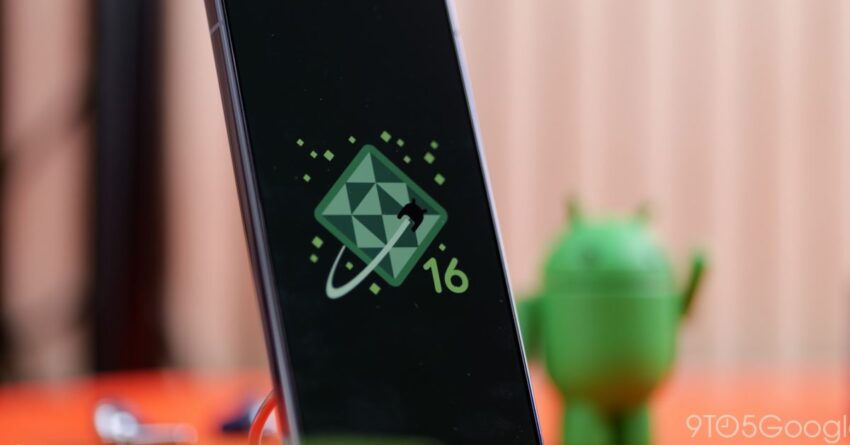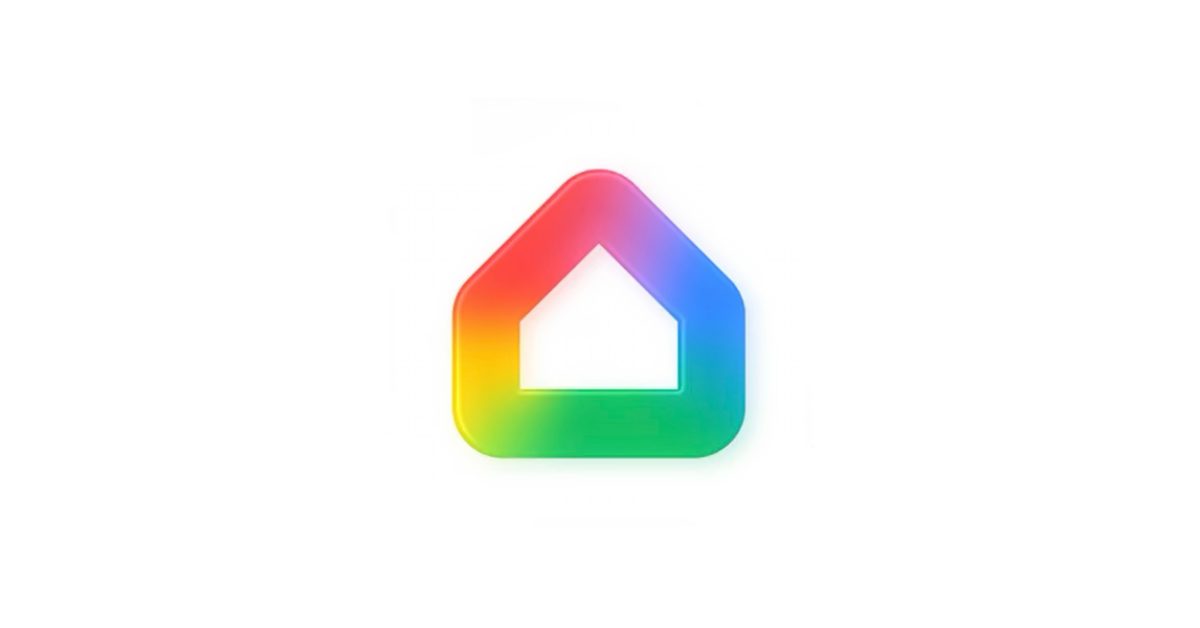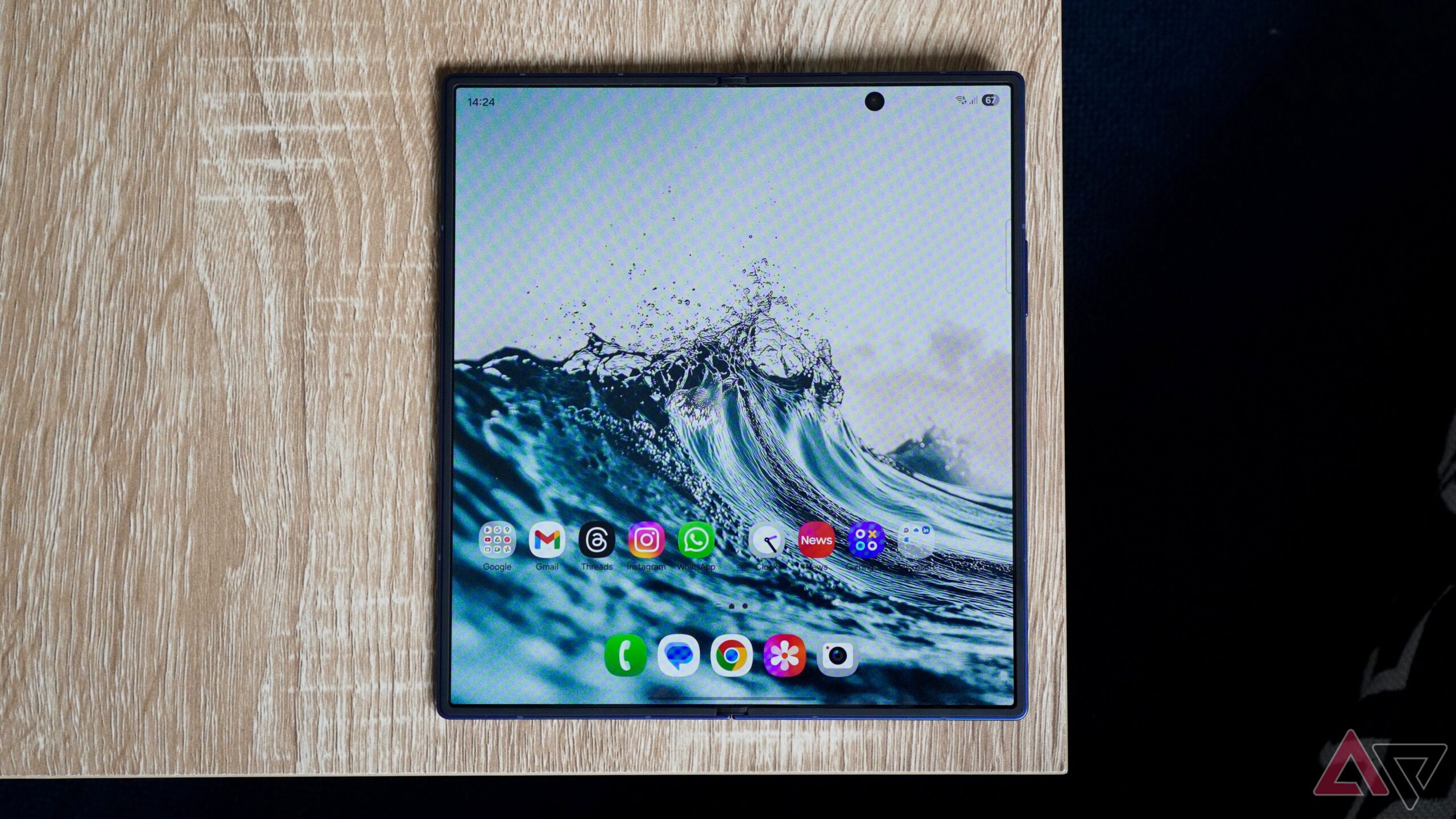
pixel users on android 16 qpr1 beta Users of the Pixel devices running the Android 16 QPR1 Beta 3.1 are currently experiencing significant issues related to Google Wallet and VPN functionalities.
pixel users on android 16 qpr1 beta
Overview of the Android 16 QPR1 Beta 3.1 Release
Google’s Android operating system is known for its continuous evolution, with regular updates aimed at enhancing user experience, security, and functionality. The Android 16 QPR1 Beta 3.1 is part of this ongoing development cycle, providing users with a glimpse into upcoming features and improvements. However, the rollout of this beta version has not been without its challenges.
Typically, beta versions are released to a select group of users who opt-in to test new features before they are made available to the general public. This allows developers to gather feedback and identify bugs that need to be addressed. However, in this instance, it appears that not all users who signed up for the Beta 3.1 have received the stable release of Android 16 QPR1, leading to a range of issues.
Issues Reported by Users
Users who have installed the Android 16 QPR1 Beta 3.1 are primarily reporting problems with two key applications: Google Wallet and VPN services. These issues can significantly impact the daily use of devices, especially for those who rely on these applications for financial transactions and secure internet access.
Google Wallet and Pay Issues
Google Wallet, a widely used digital wallet platform, allows users to store payment information, loyalty cards, and more. It is an essential tool for many users who prefer cashless transactions. However, reports indicate that users on the Beta 3.1 version are experiencing difficulties when attempting to make payments. Some of the specific issues include:
- Transaction Failures: Many users have reported that transactions fail to process, leaving them unable to complete purchases.
- App Crashes: The Google Wallet app has been reported to crash unexpectedly, disrupting the user experience.
- Inability to Add Cards: Some users are unable to add new payment cards to their Google Wallet, limiting their ability to make purchases.
These issues not only frustrate users but also raise concerns regarding the reliability of digital payment systems. As cashless transactions become increasingly prevalent, any disruption in services can lead to significant inconveniences.
VPN Functionality Problems
Virtual Private Networks (VPNs) are essential tools for users seeking to secure their internet connections and maintain privacy while browsing. The Android 16 QPR1 Beta 3.1 has reportedly introduced several issues affecting VPN services, which include:
- Connection Drops: Users have noted that their VPN connections frequently drop, making it difficult to maintain a secure connection.
- Slow Speeds: Some users have experienced significantly reduced internet speeds while connected to a VPN, which can hinder online activities.
- Incompatibility with Certain VPN Apps: There are reports of specific VPN applications not functioning correctly on the Beta 3.1 version, limiting users’ options for secure browsing.
The implications of these VPN issues are particularly concerning, as they can expose users to security vulnerabilities and compromise their online privacy. In an era where data breaches and cyber threats are rampant, reliable VPN services are crucial for protecting personal information.
Context and Implications of the Issues
The problems faced by users on the Android 16 QPR1 Beta 3.1 highlight the inherent risks associated with beta testing. While beta versions are designed to improve software before its official release, they can also introduce new bugs and issues that affect core functionalities. This situation serves as a reminder of the delicate balance between innovation and stability in software development.
For Google, the issues with Google Wallet and VPN services could have broader implications. As the company continues to push for a cashless society and emphasizes the importance of online privacy, any disruption in these services could undermine user trust. Users may become hesitant to adopt new features or updates if they perceive a risk to their financial transactions or personal data.
Stakeholder Reactions
The response from the user community has been vocal, with many taking to forums and social media to express their frustrations. Users have shared their experiences, seeking advice and solutions from fellow beta testers. This communal effort reflects the collaborative spirit often found in tech communities, where users band together to troubleshoot issues.
Additionally, some users have reached out directly to Google support, hoping for timely resolutions. However, the responsiveness of support teams can vary, leaving some users feeling neglected or unheard. The effectiveness of Google’s customer service in addressing these issues will be crucial in maintaining user satisfaction and trust.
Google’s Response and Next Steps
As of now, Google has not issued an official statement addressing the specific issues related to the Android 16 QPR1 Beta 3.1. However, it is common for tech companies to monitor feedback from beta testers closely and release patches or updates to resolve identified problems. Users can expect that Google will prioritize fixing these issues, especially given the potential impact on user experience and security.
In the meantime, users experiencing problems with Google Wallet and VPN services may consider the following steps:
- Check for Updates: Regularly check for any updates to the beta version that may address existing issues.
- Reinstall Affected Apps: Uninstalling and reinstalling Google Wallet or VPN applications may help resolve some issues.
- Provide Feedback: Users should continue to report their experiences to Google, as user feedback is vital for improving beta software.
Conclusion
The challenges faced by users on the Android 16 QPR1 Beta 3.1 concerning Google Wallet and VPN functionalities underscore the complexities of beta testing in software development. While beta versions serve as a testing ground for new features, they can also introduce unforeseen issues that affect core functionalities. As Google works to address these problems, the experiences of beta testers will play a crucial role in shaping the final release of Android 16 QPR1.
Ultimately, the resolution of these issues will not only enhance user experience but also reinforce trust in Google’s commitment to providing reliable and secure digital services. As the landscape of technology continues to evolve, the importance of user feedback and responsive support remains paramount in ensuring the success of new software releases.
Source: Original report
Was this helpful?
Last Modified: September 28, 2025 at 6:36 am
0 views















